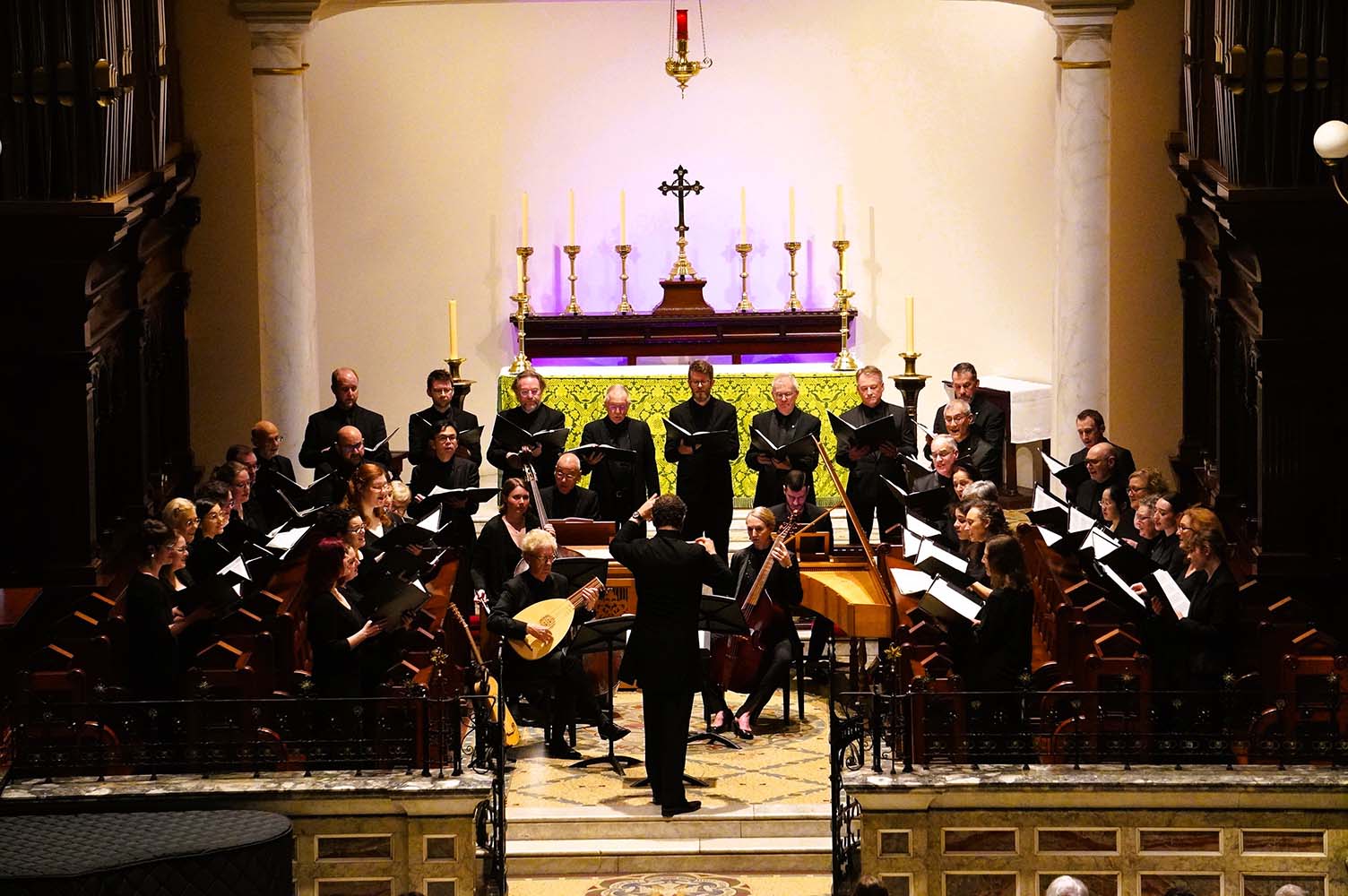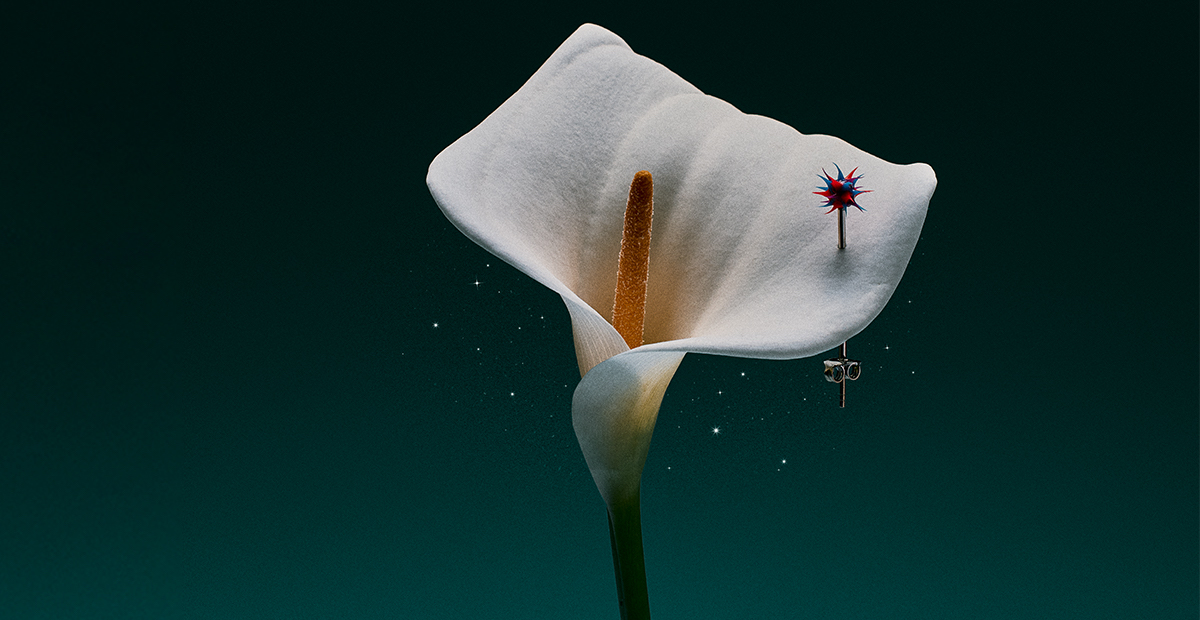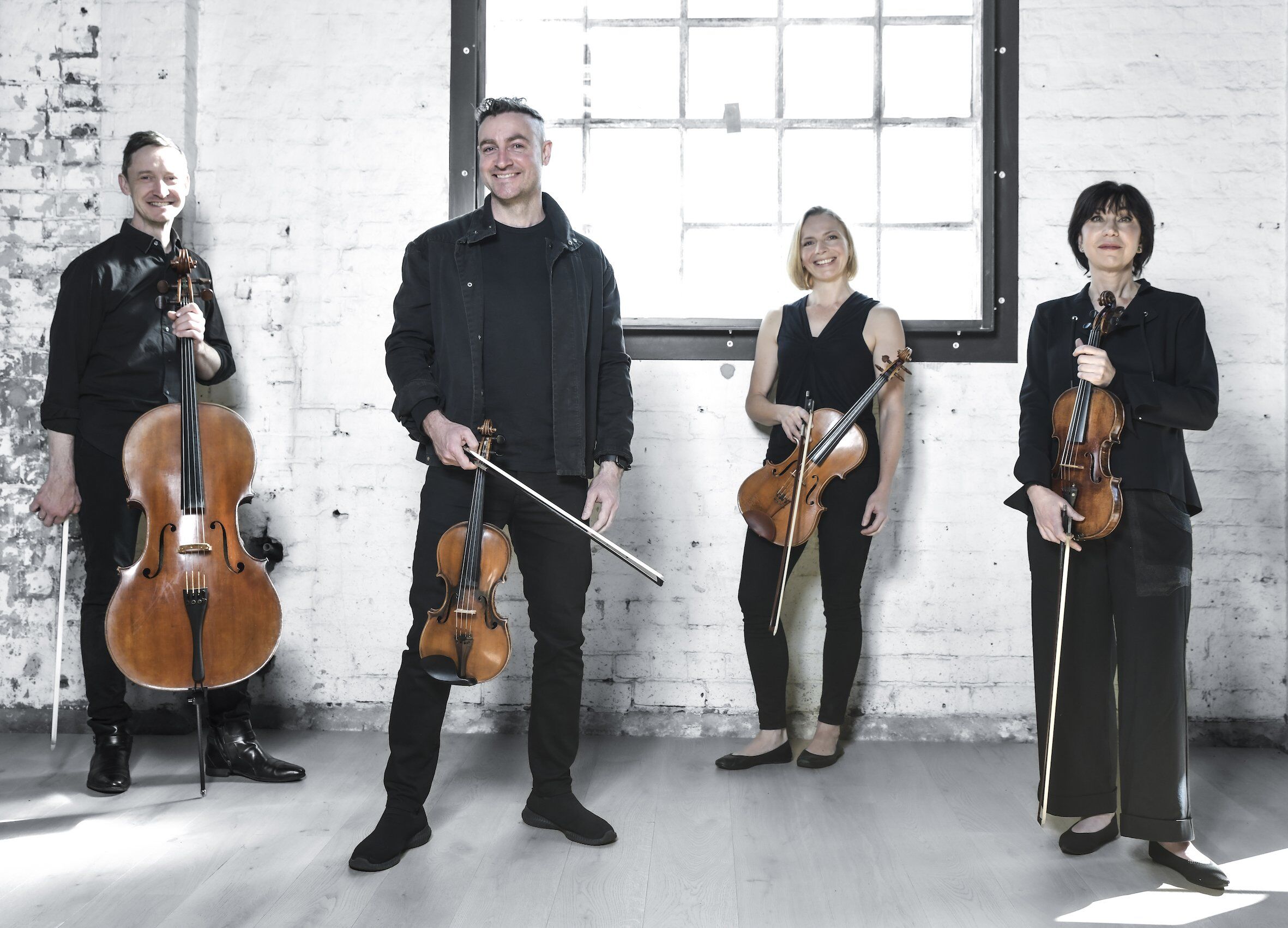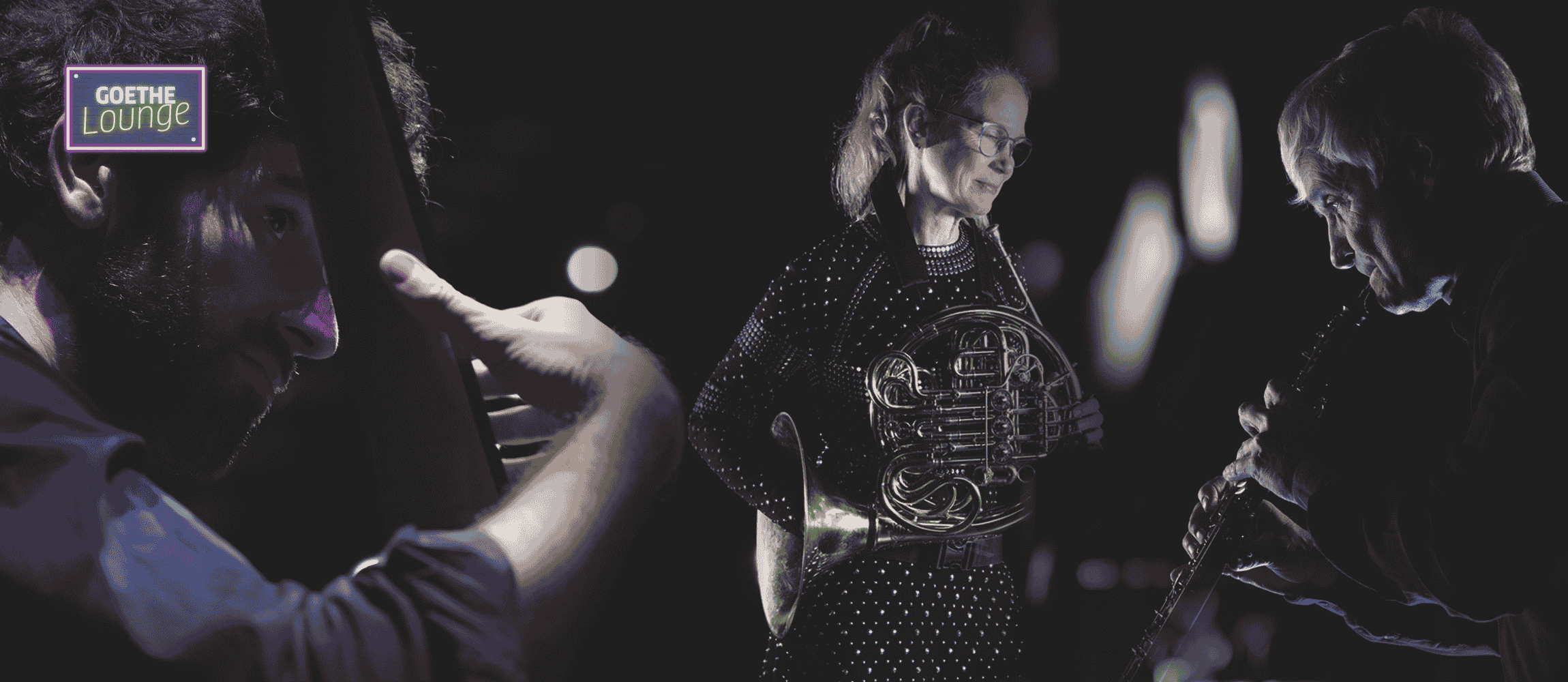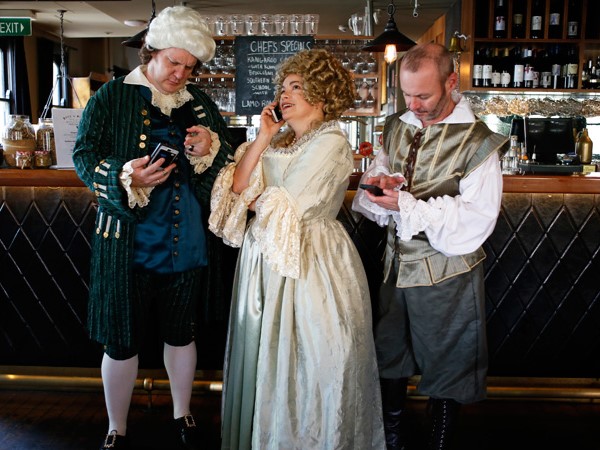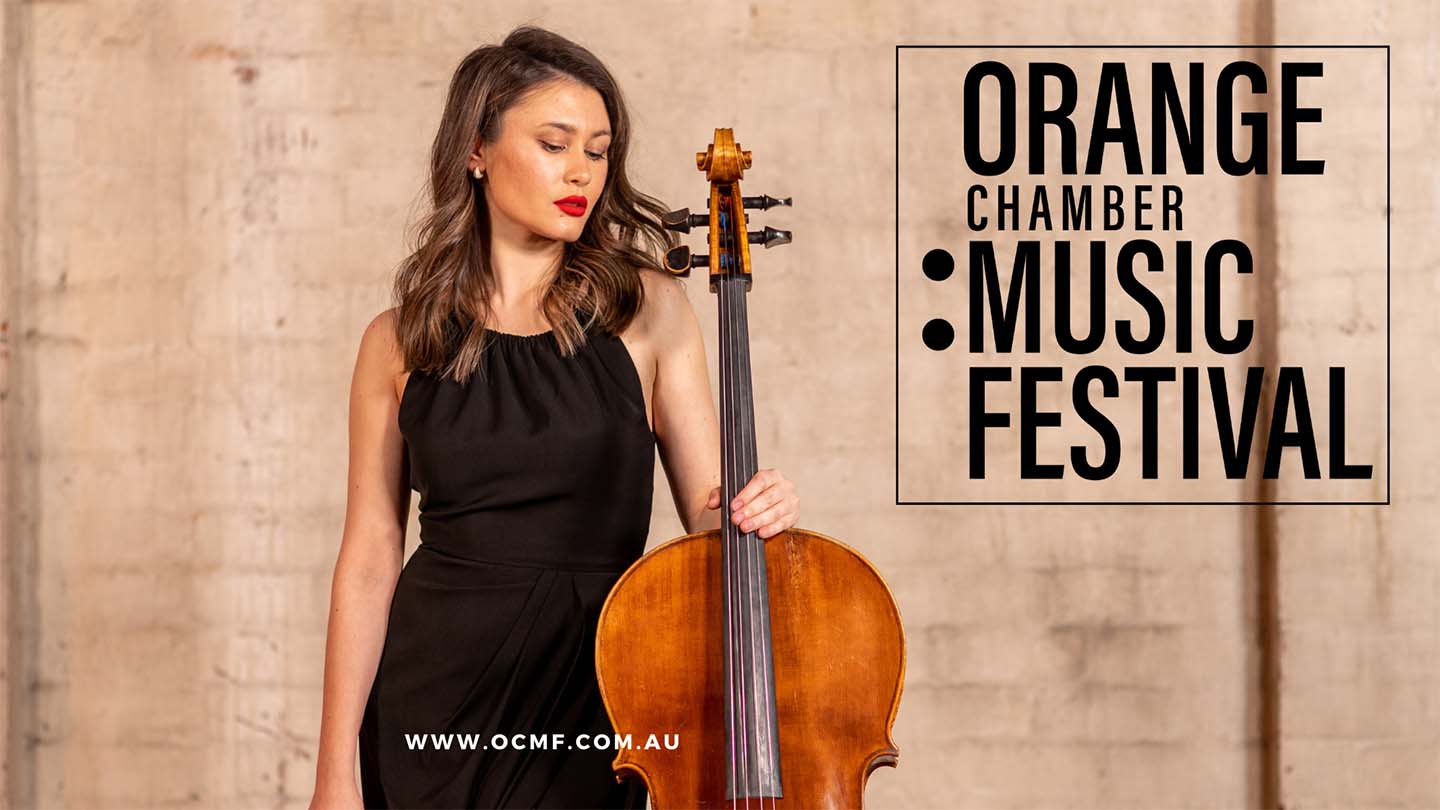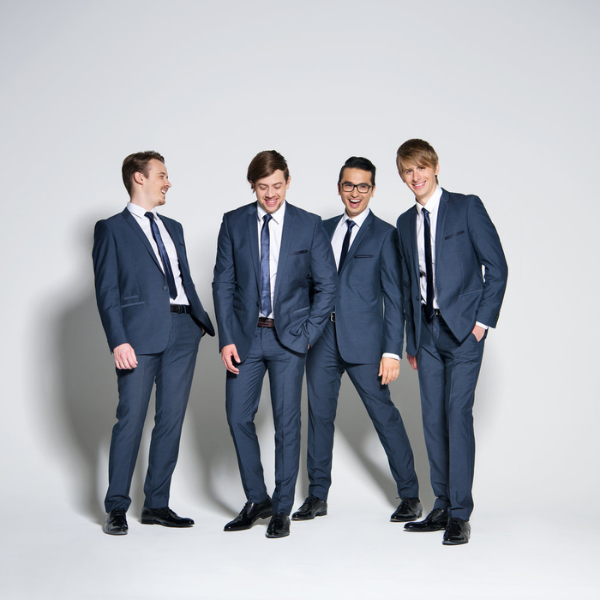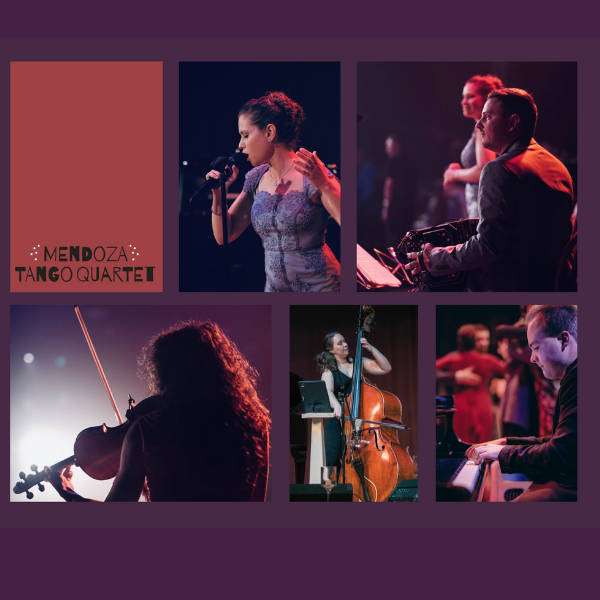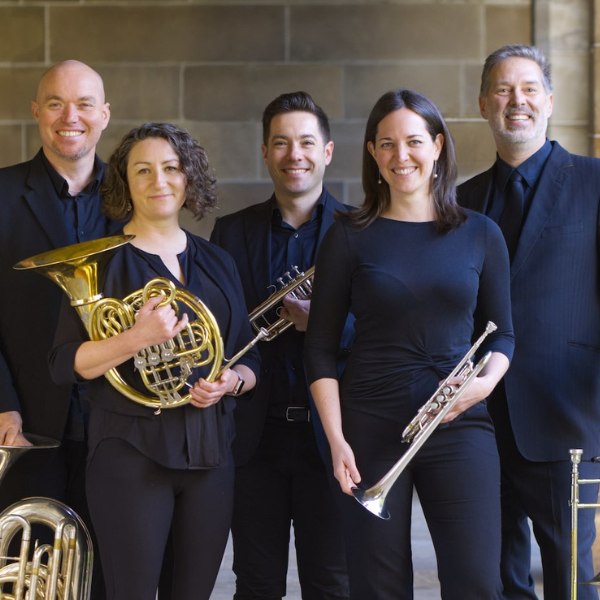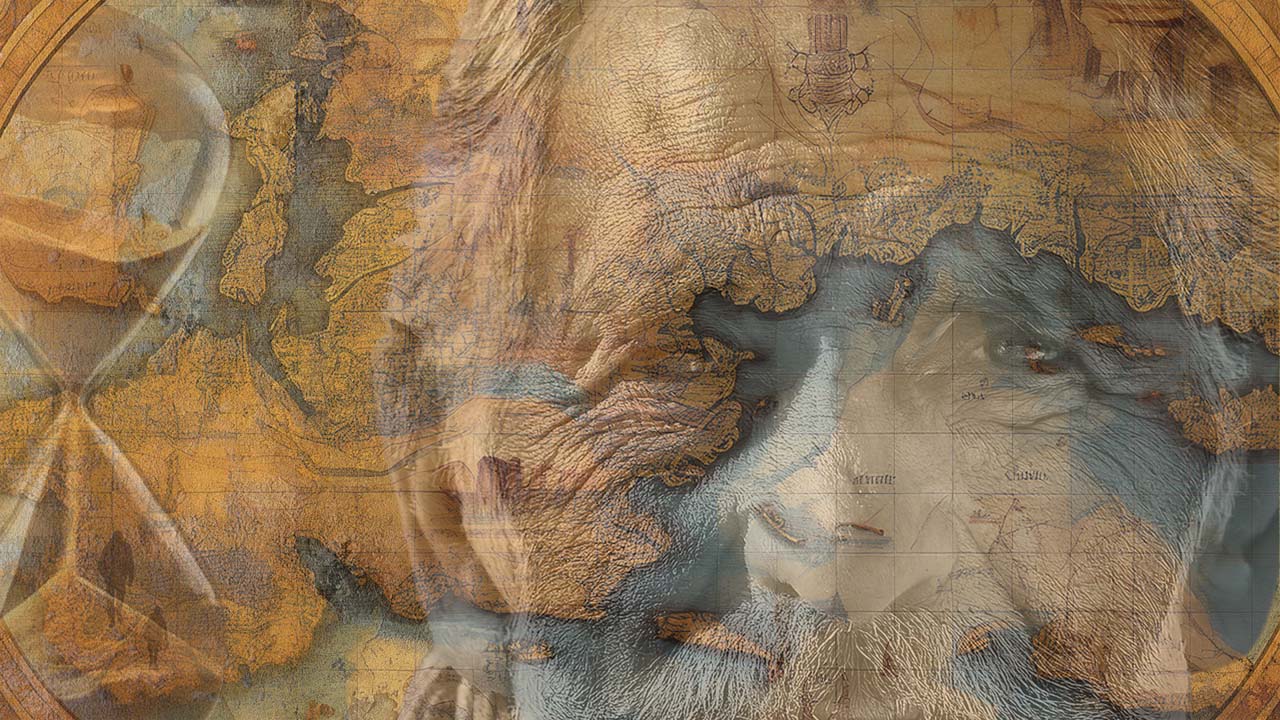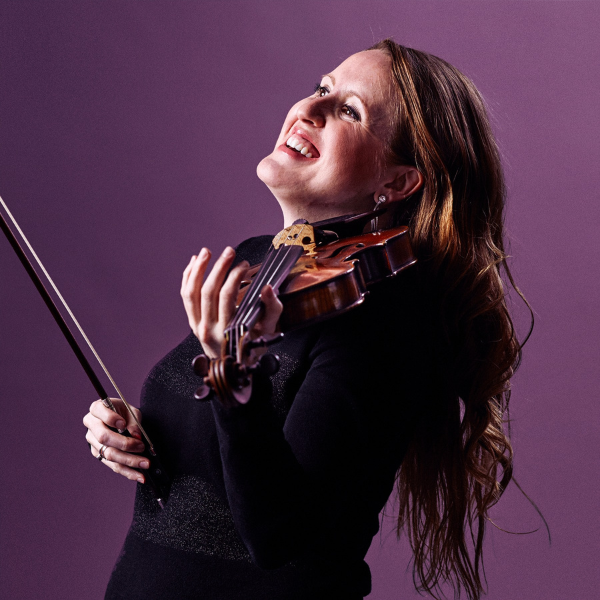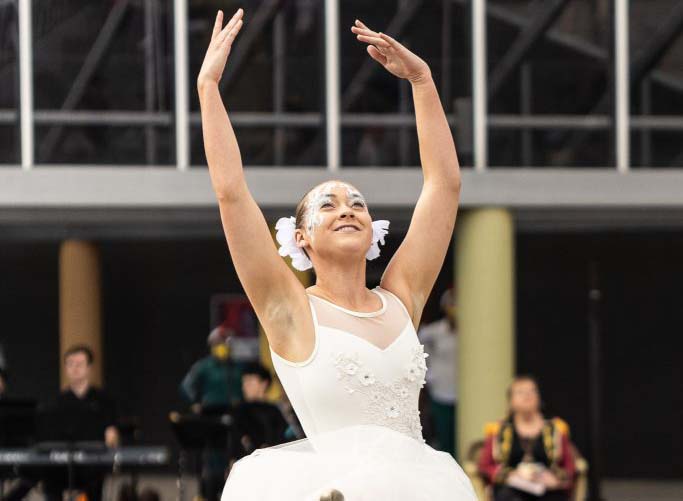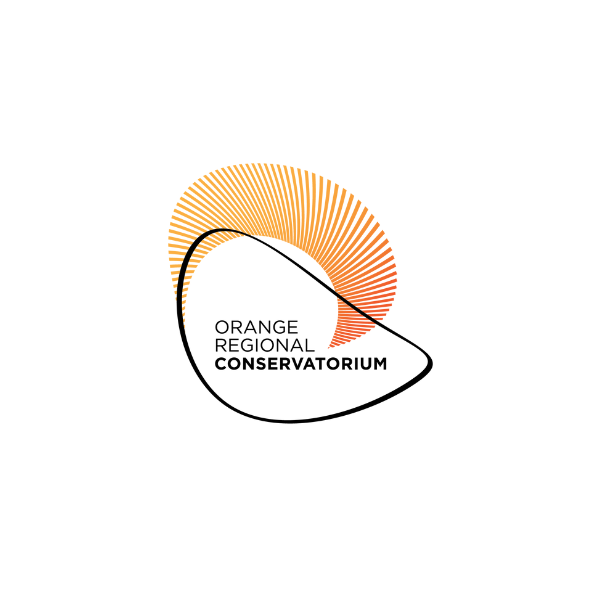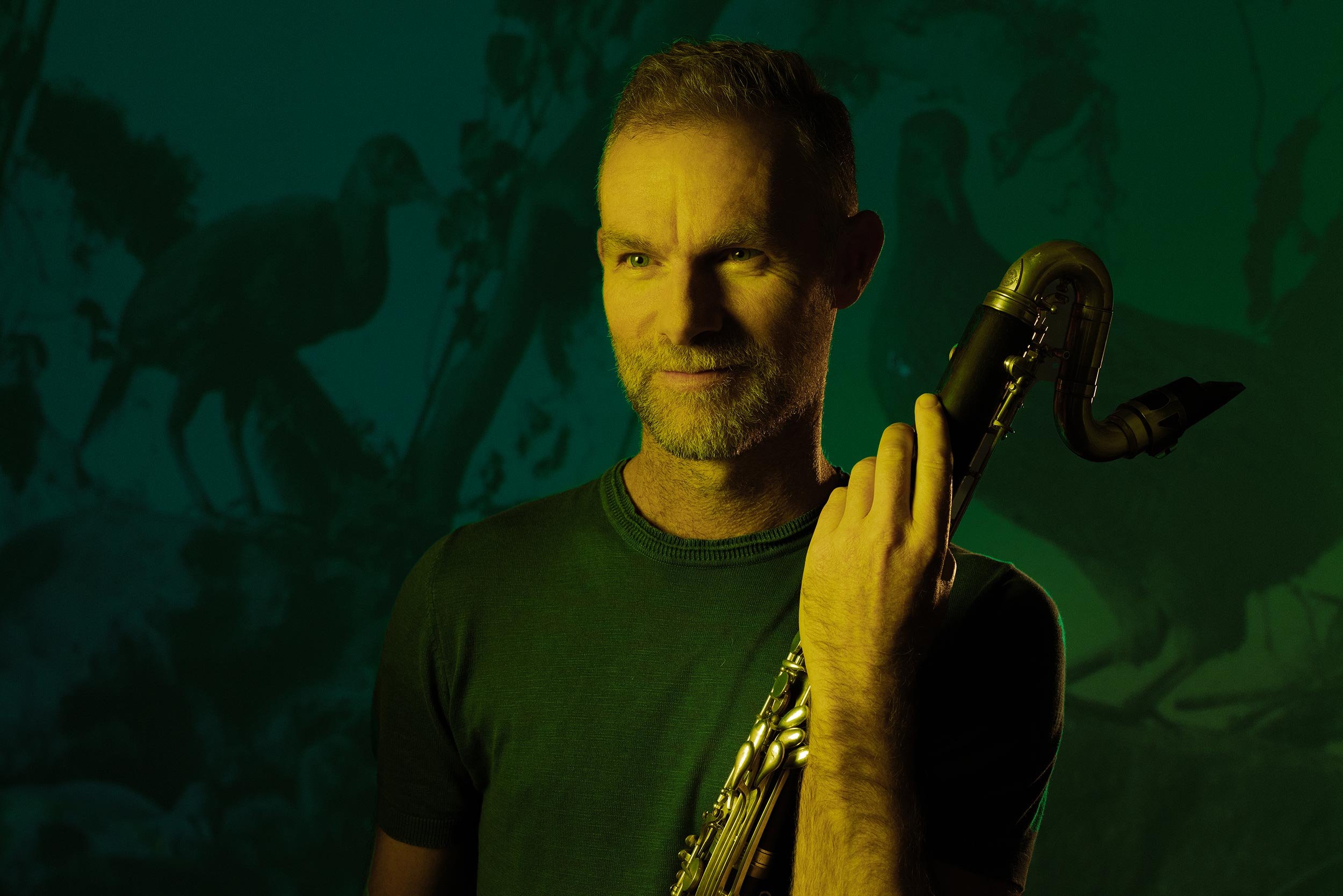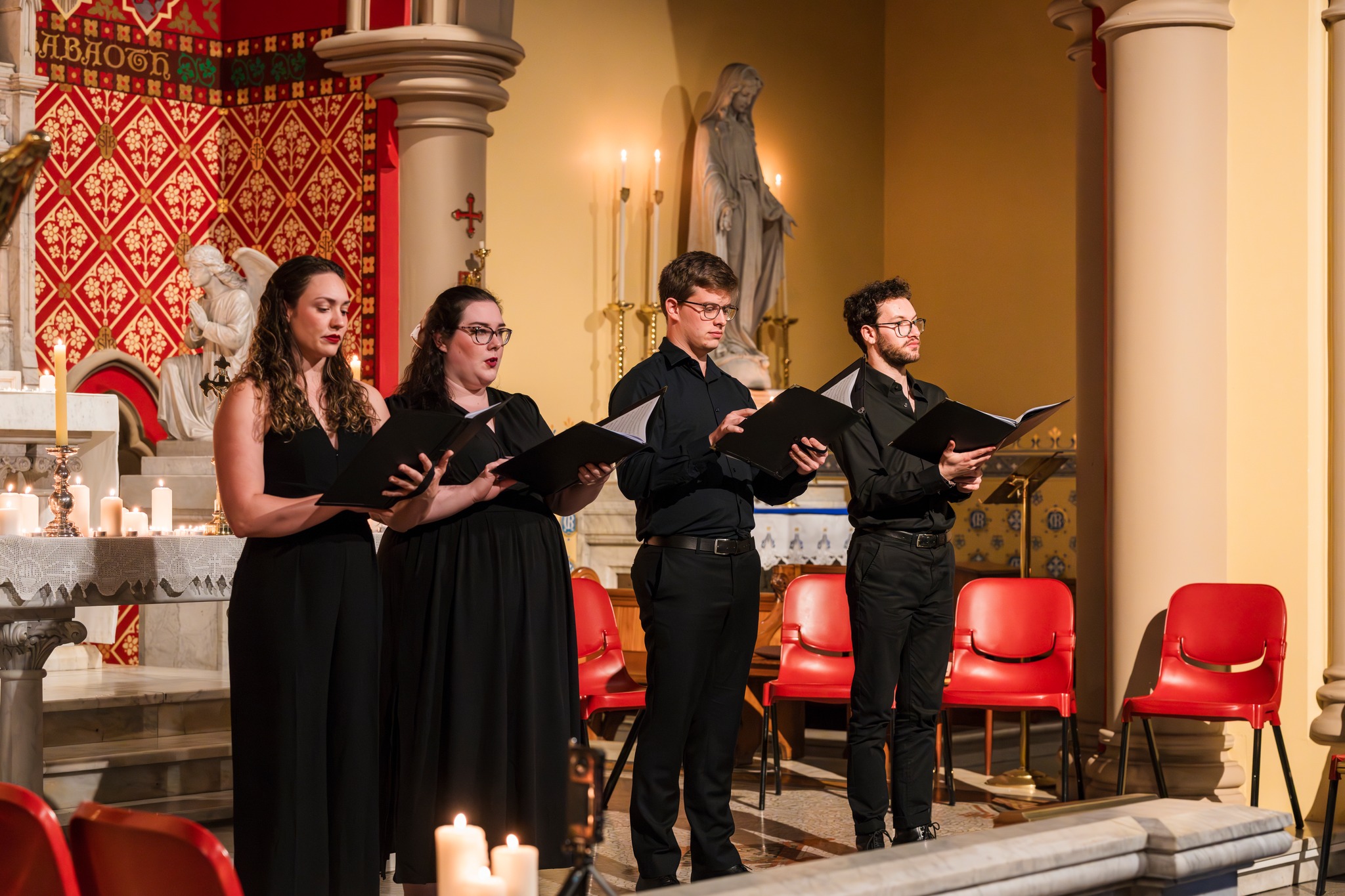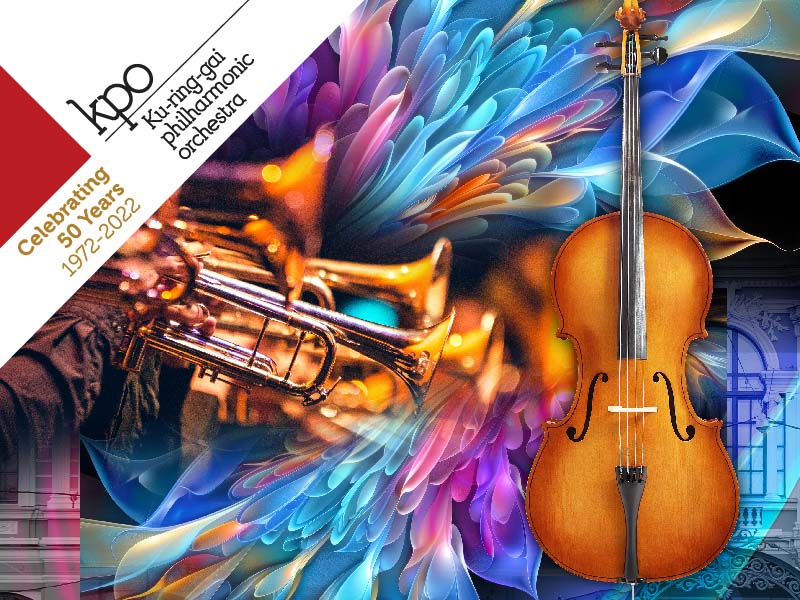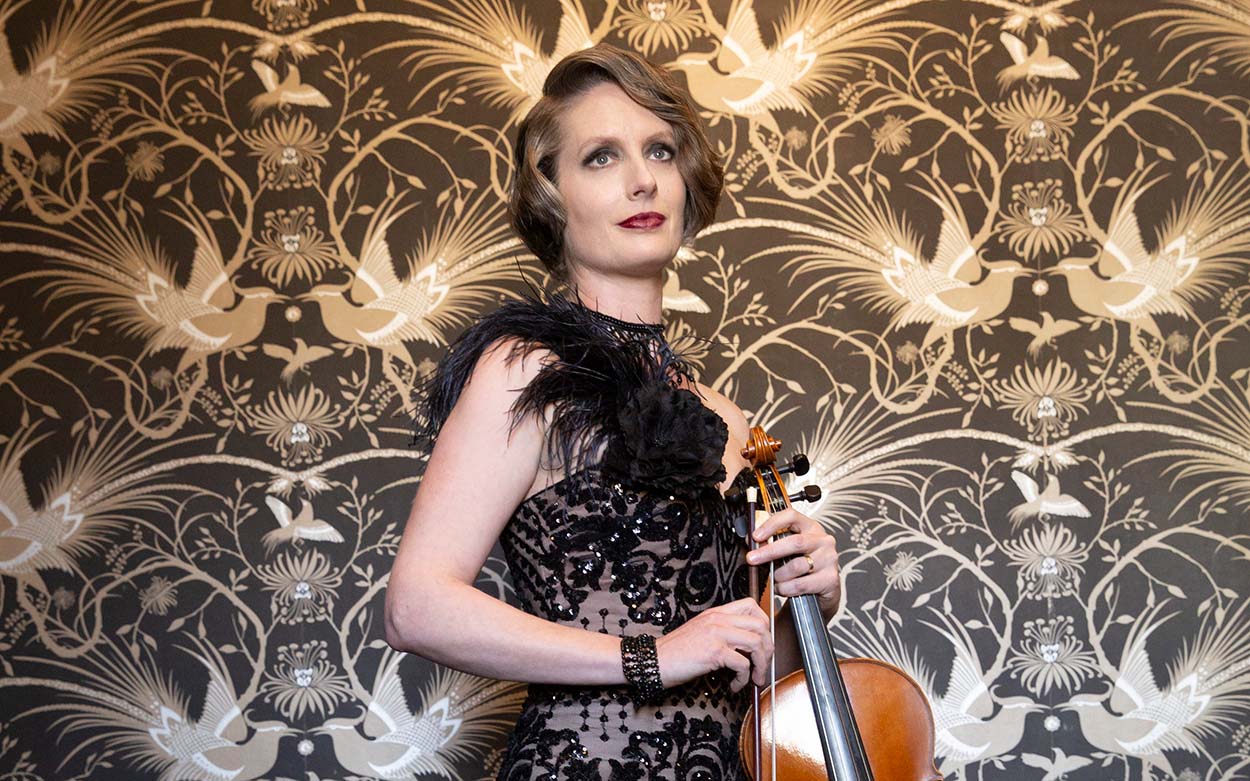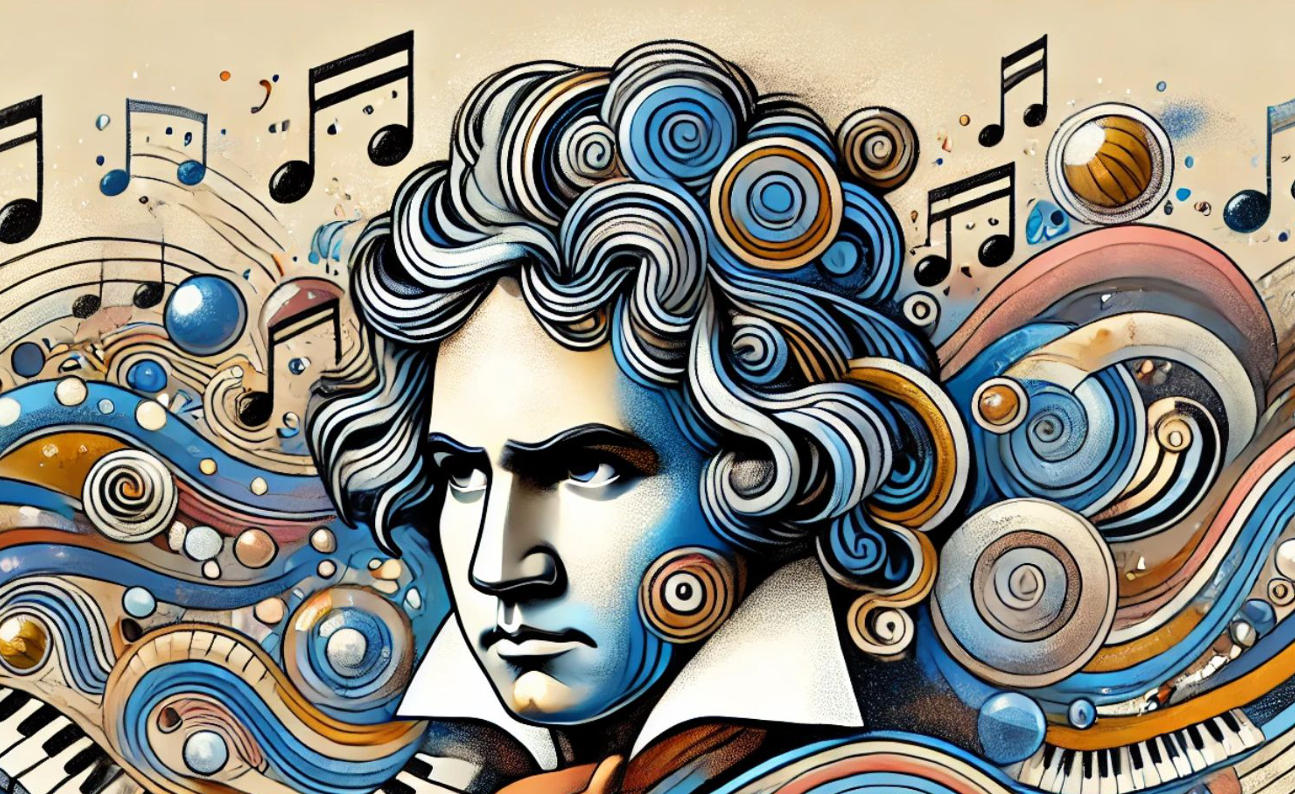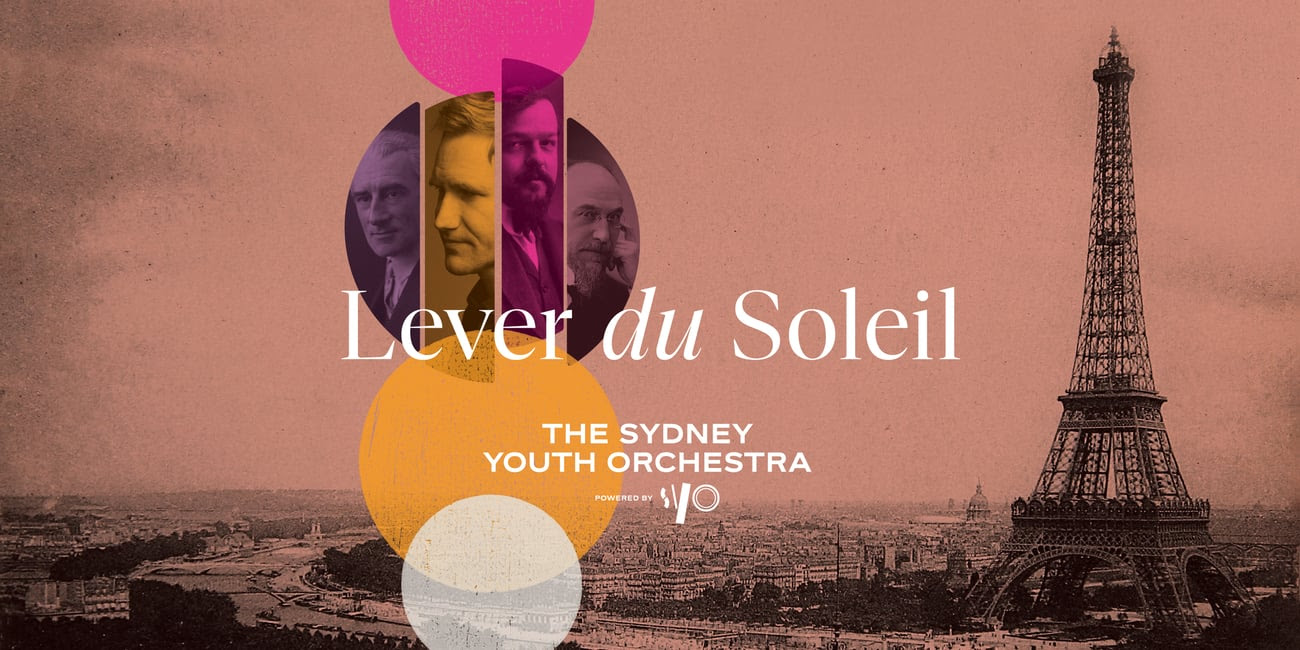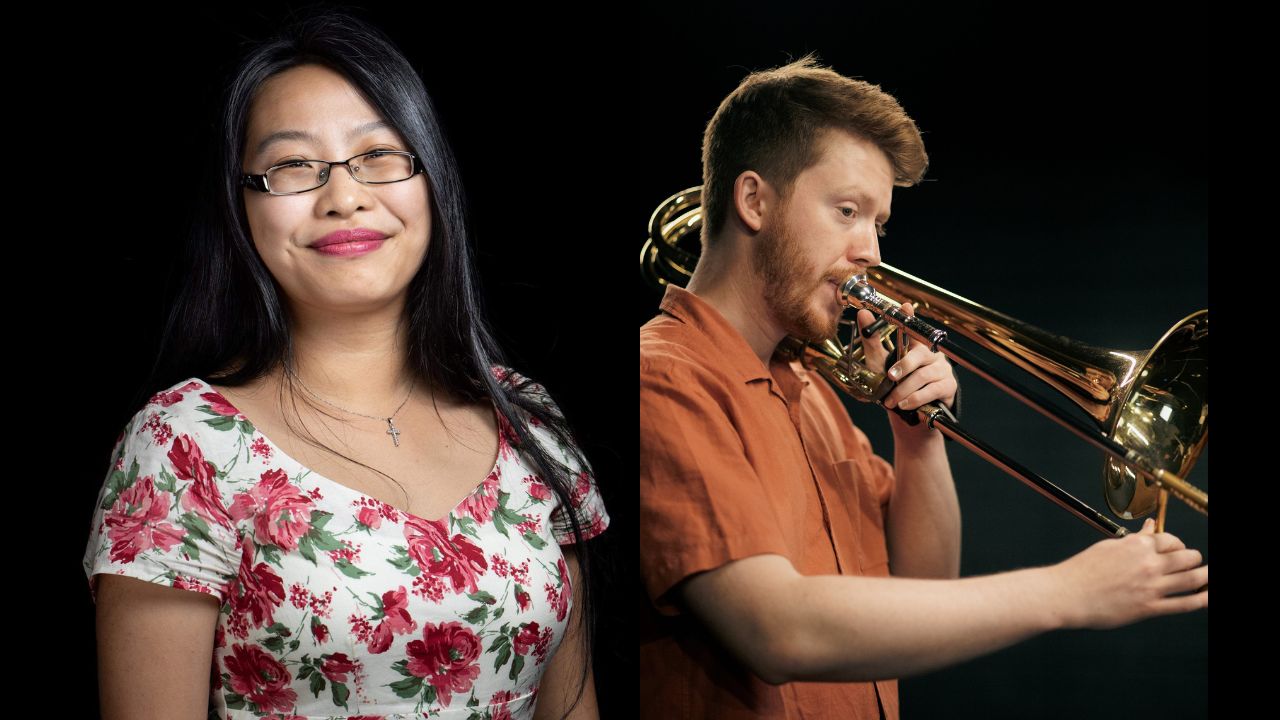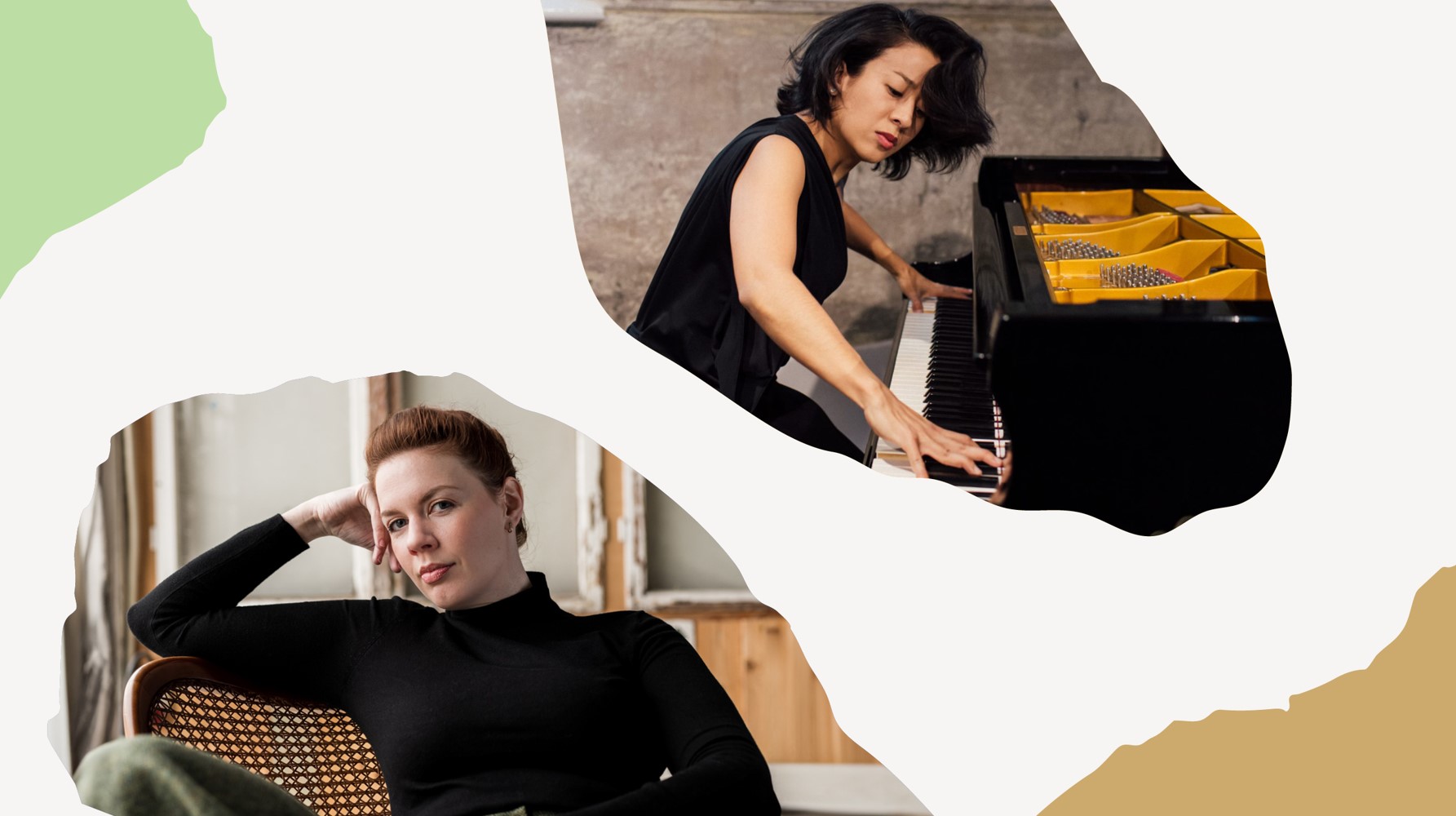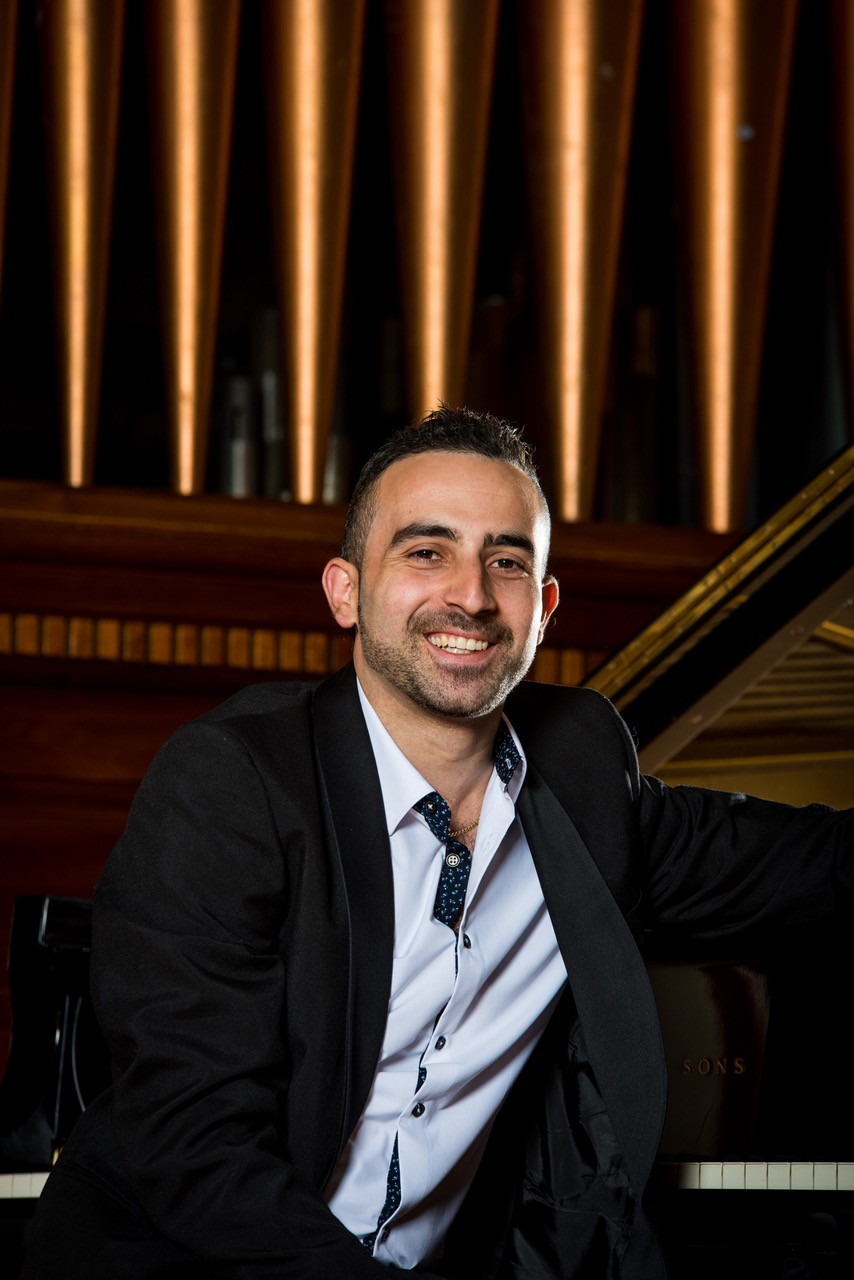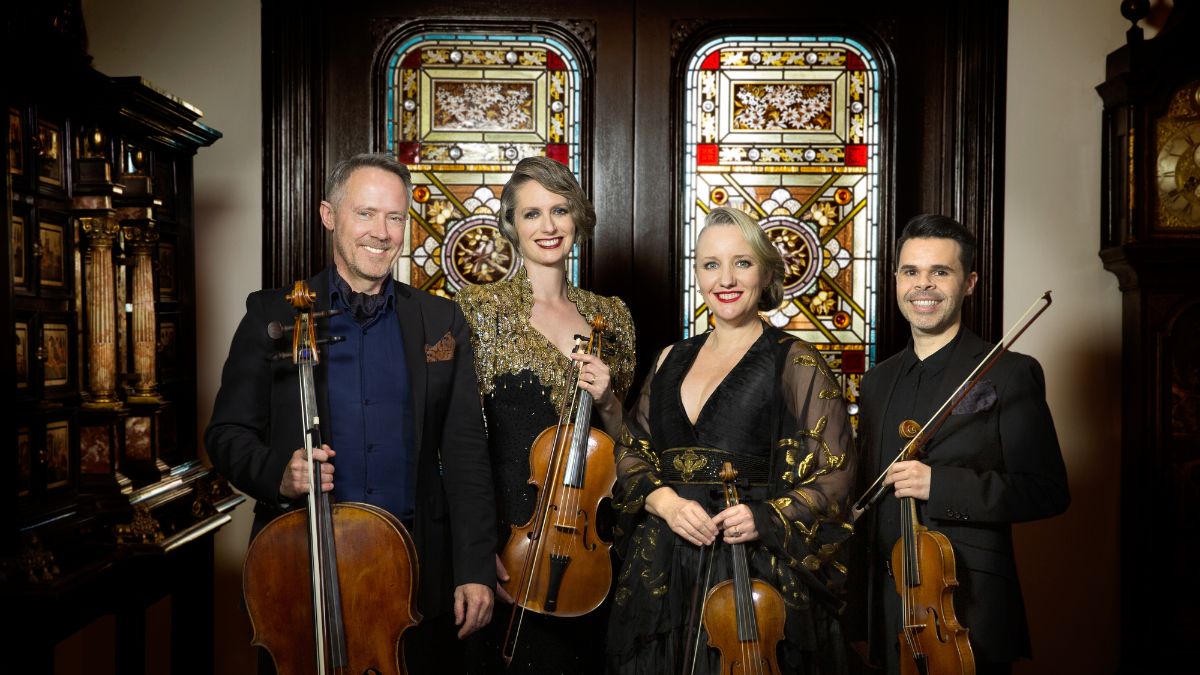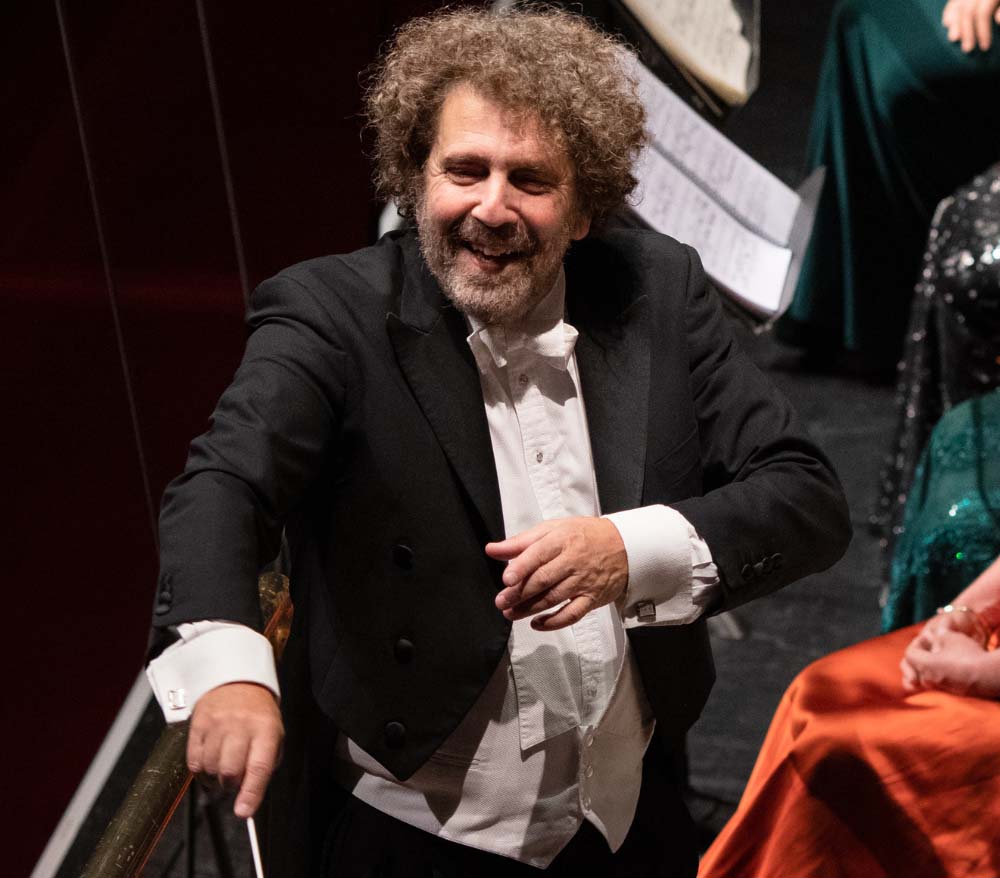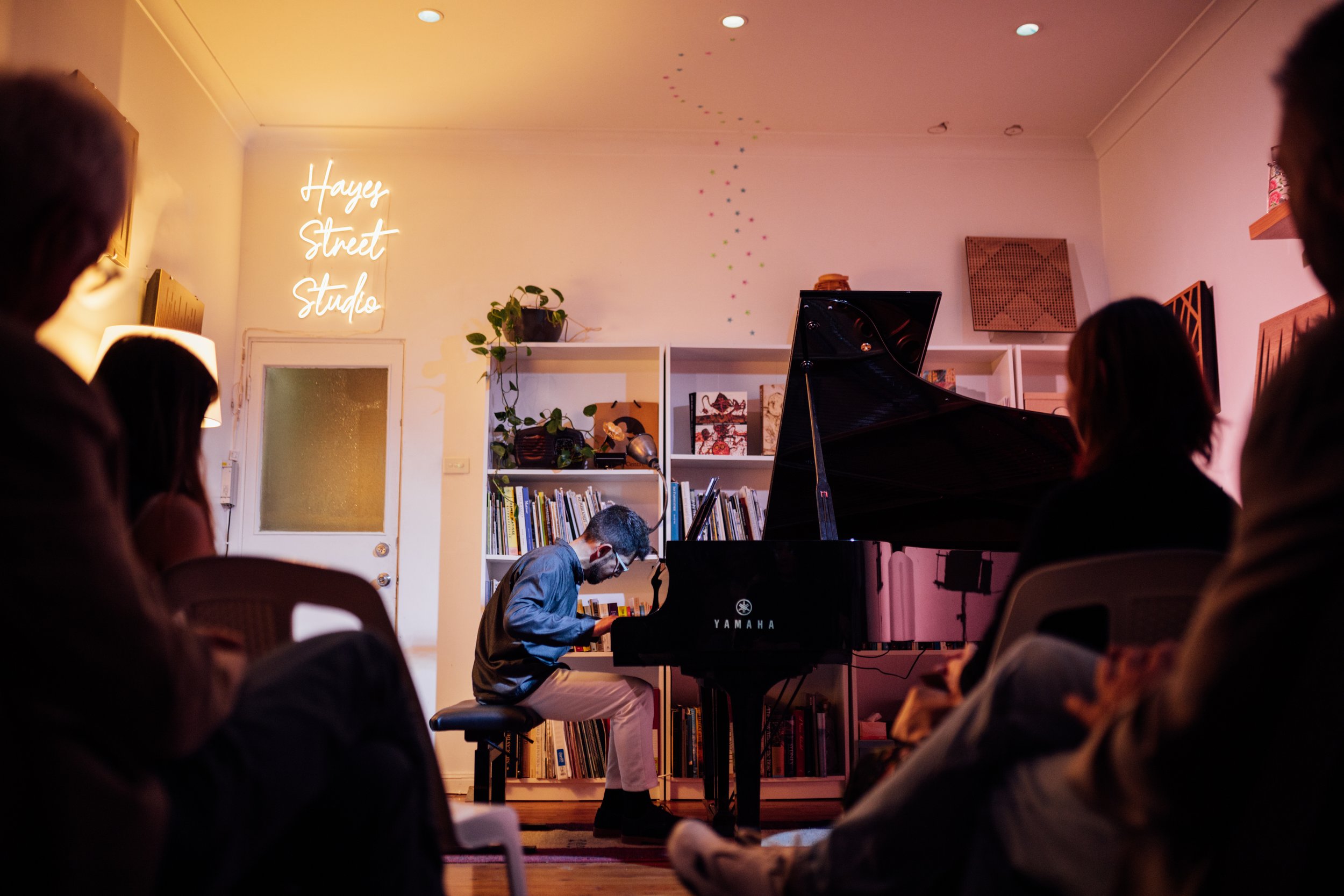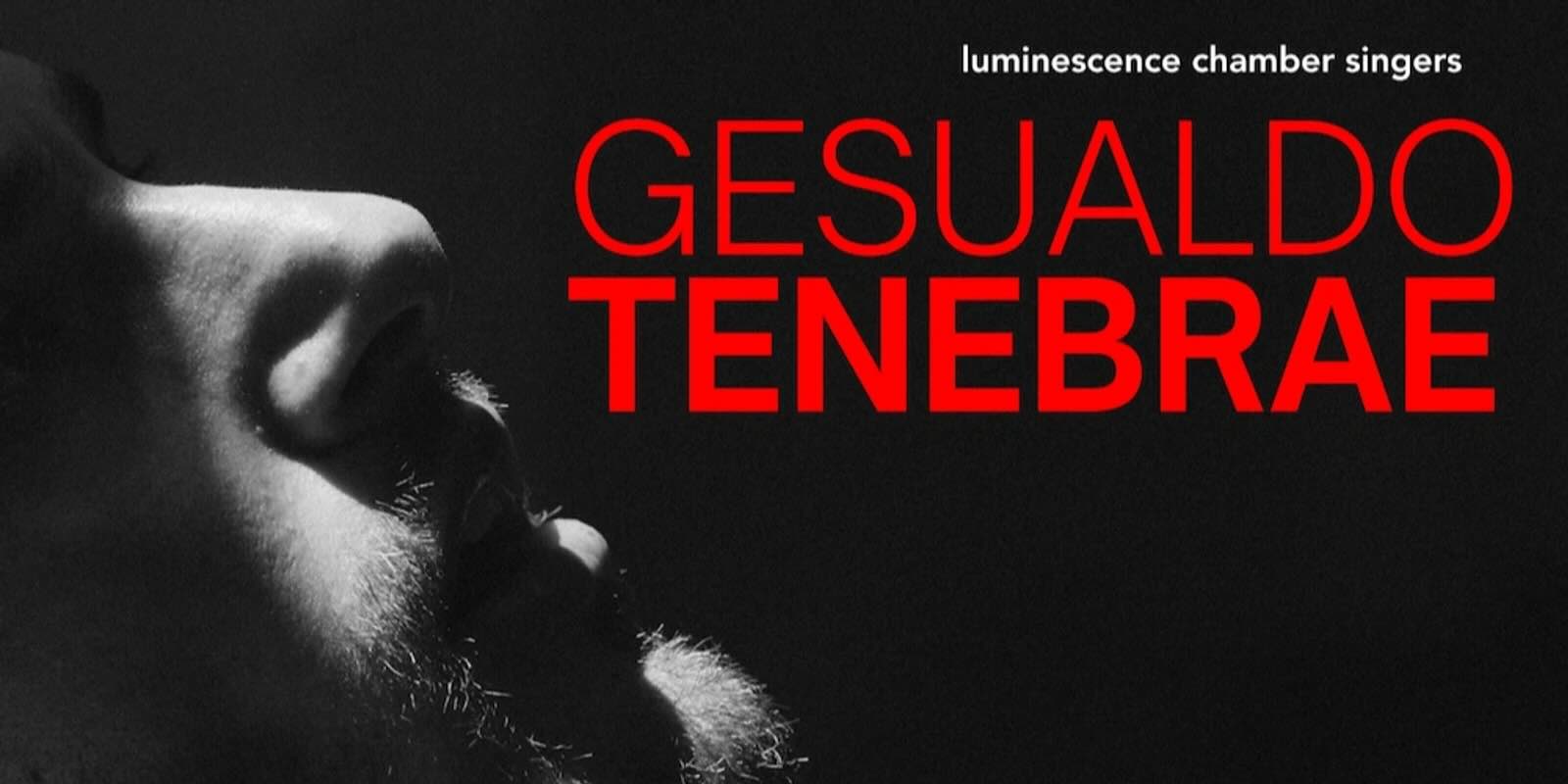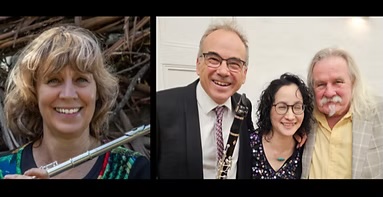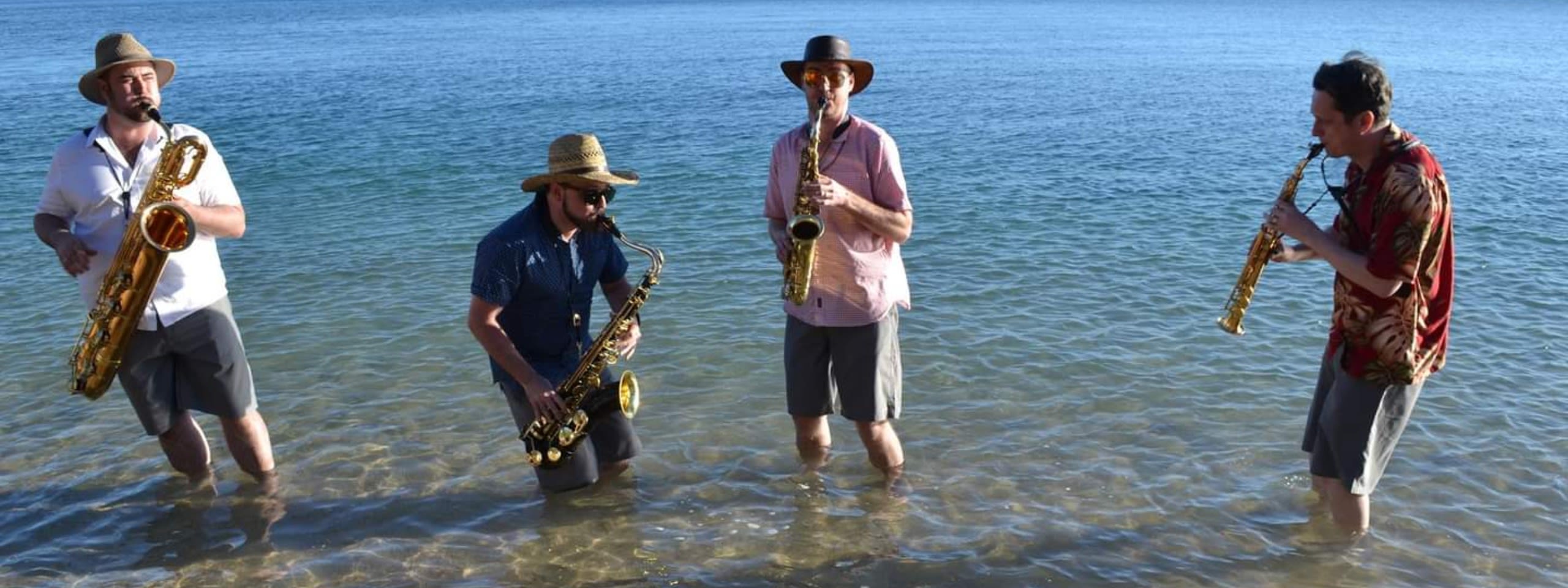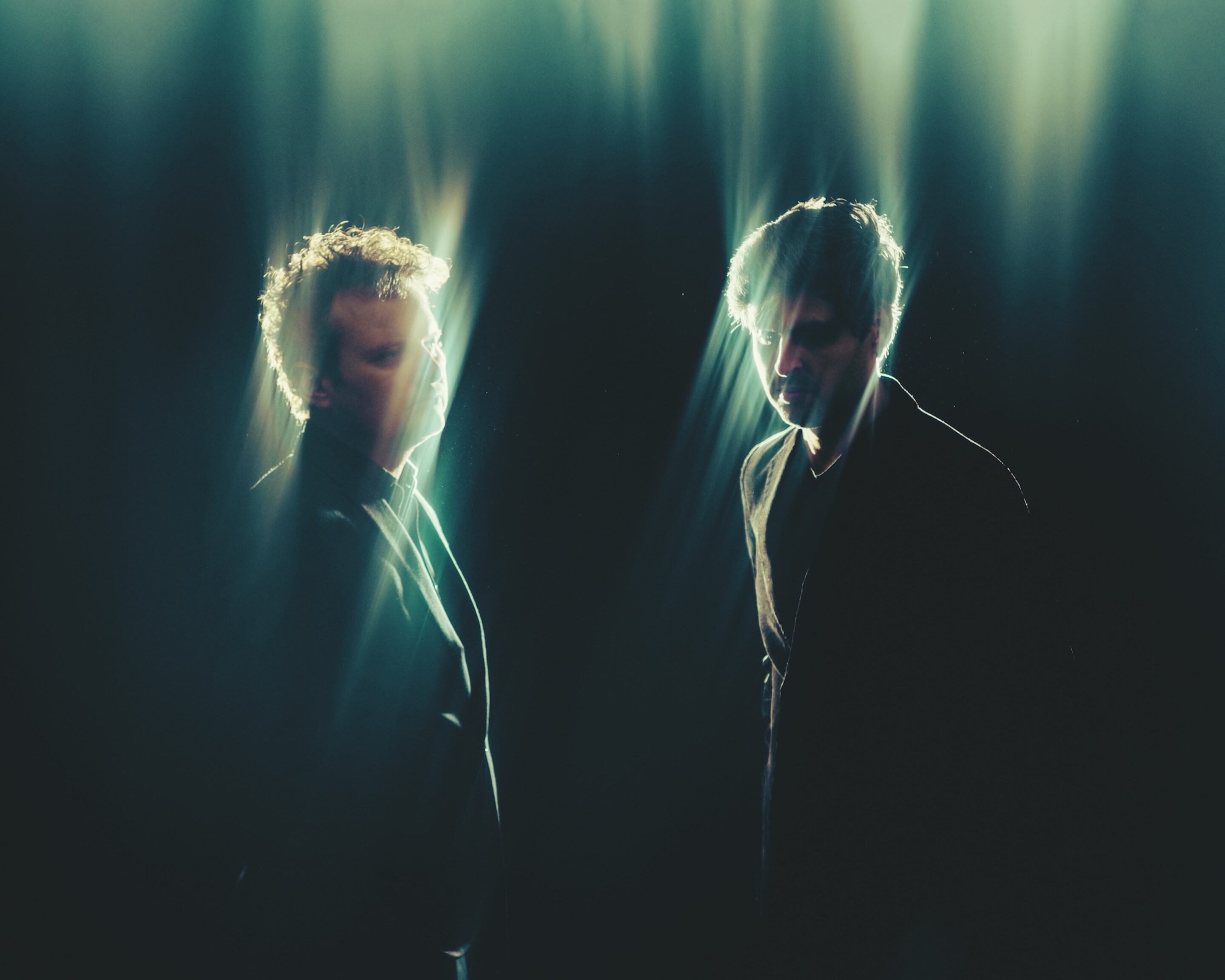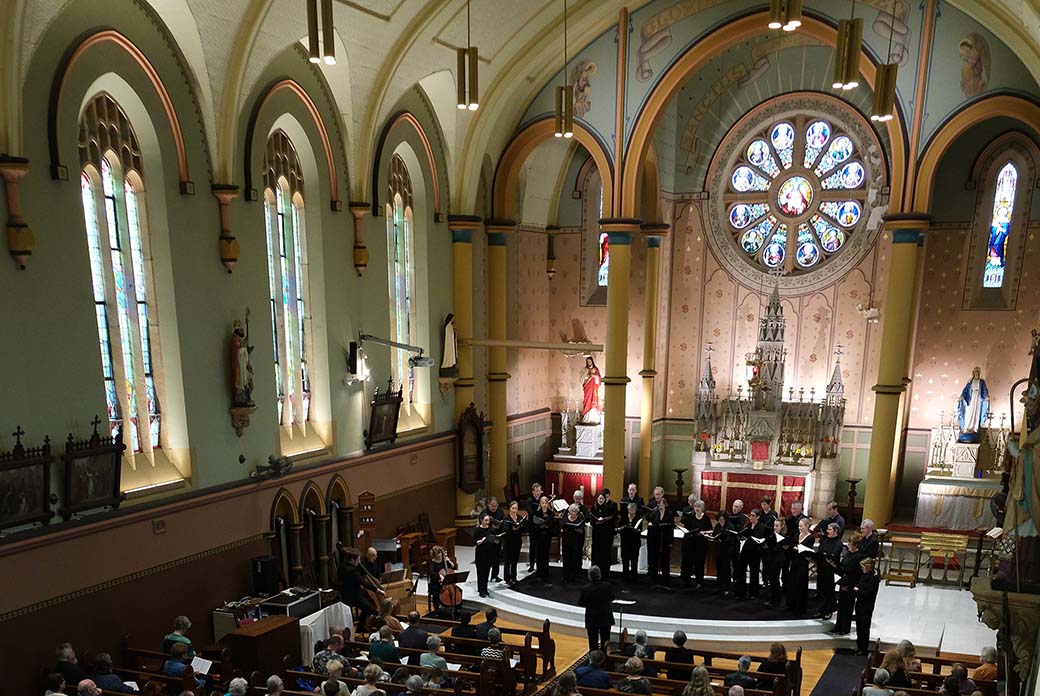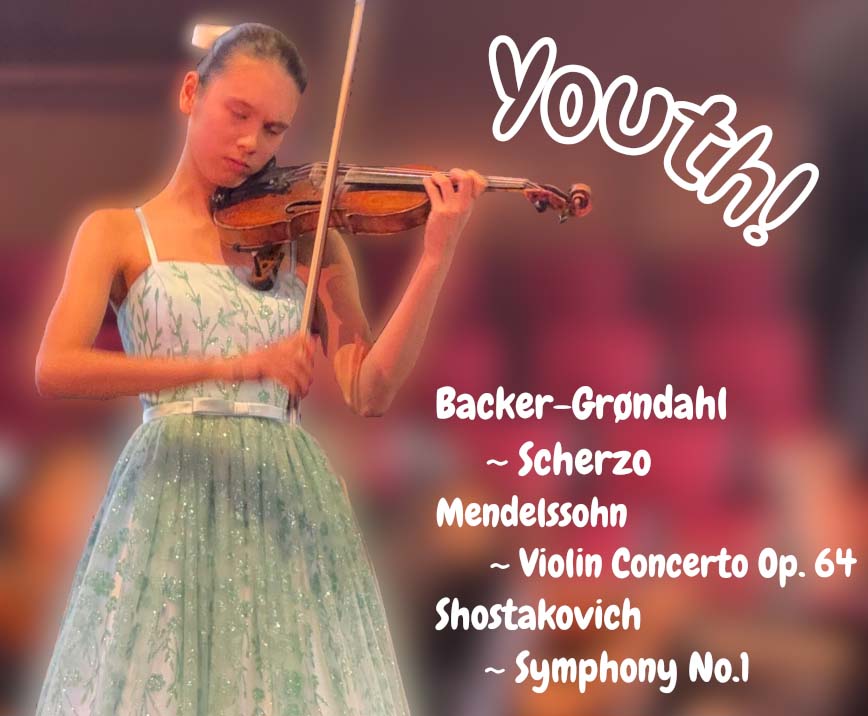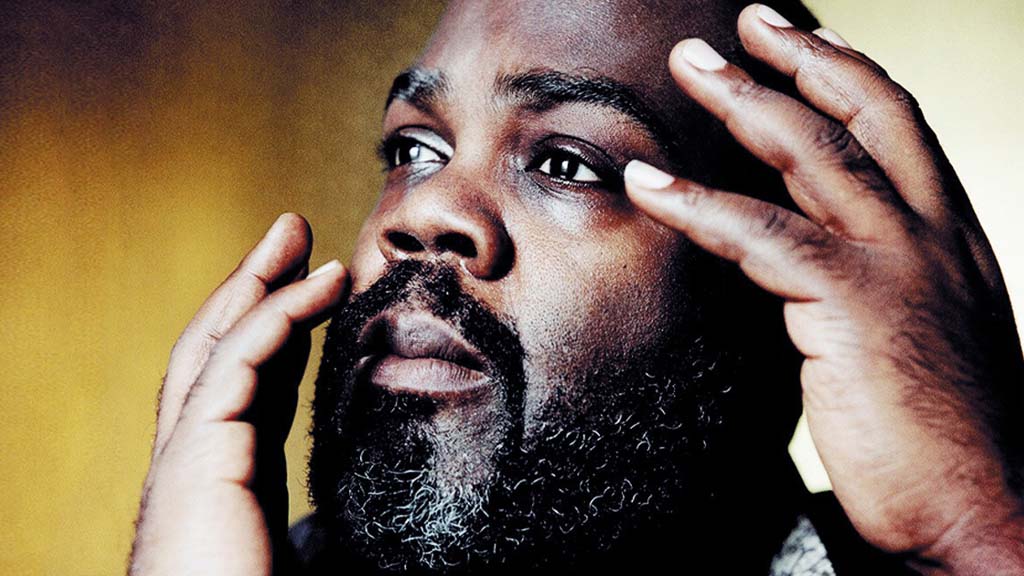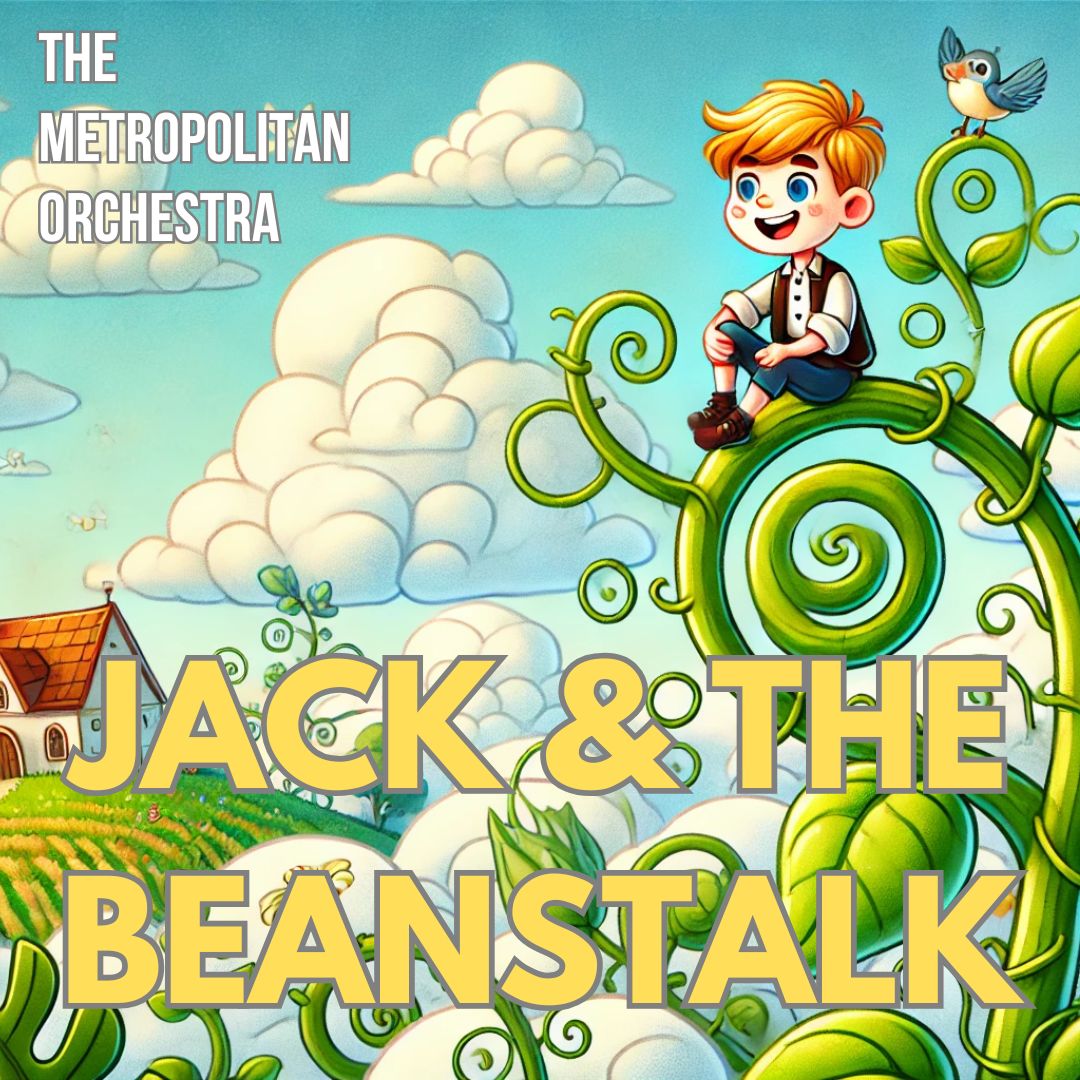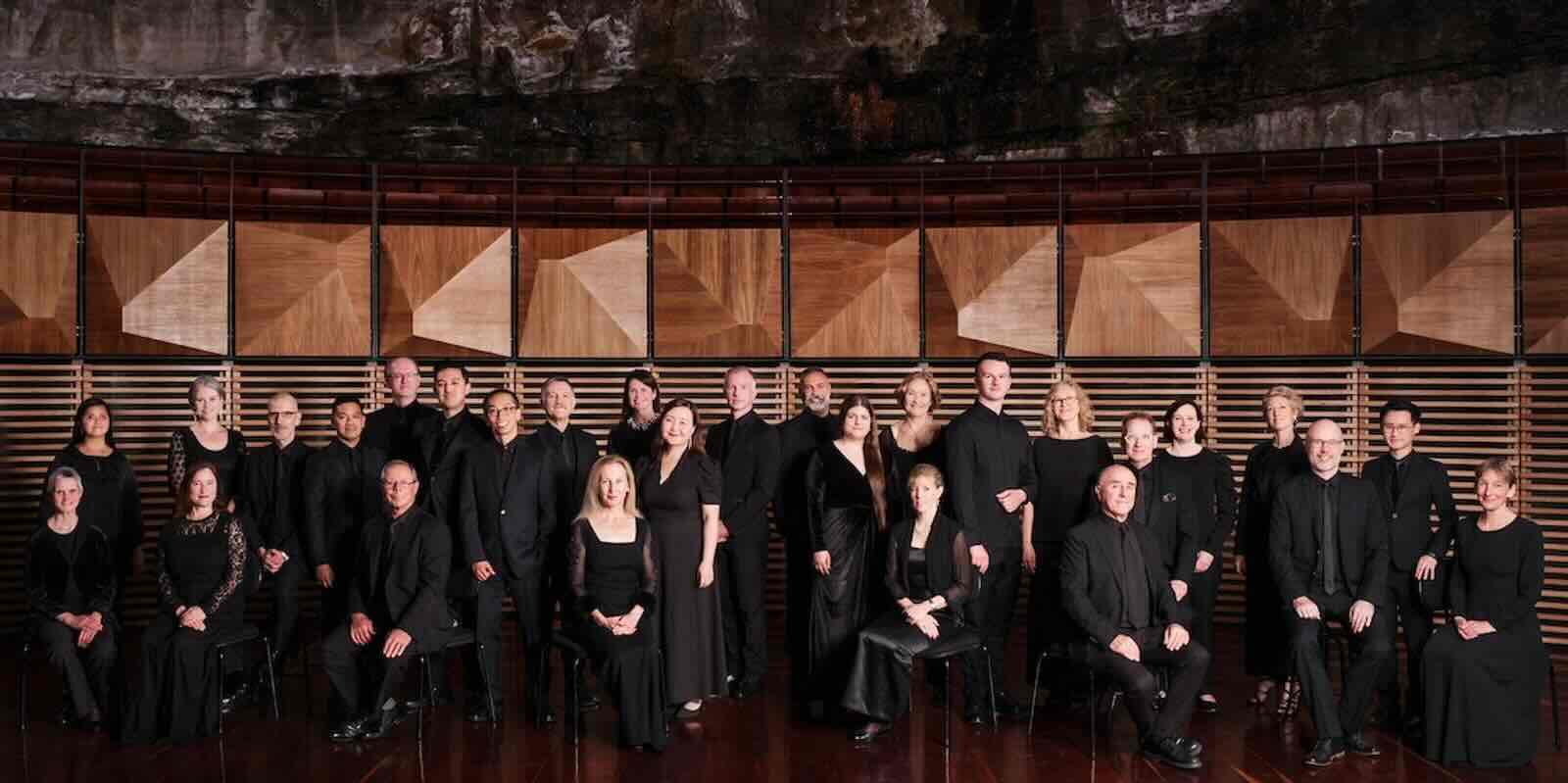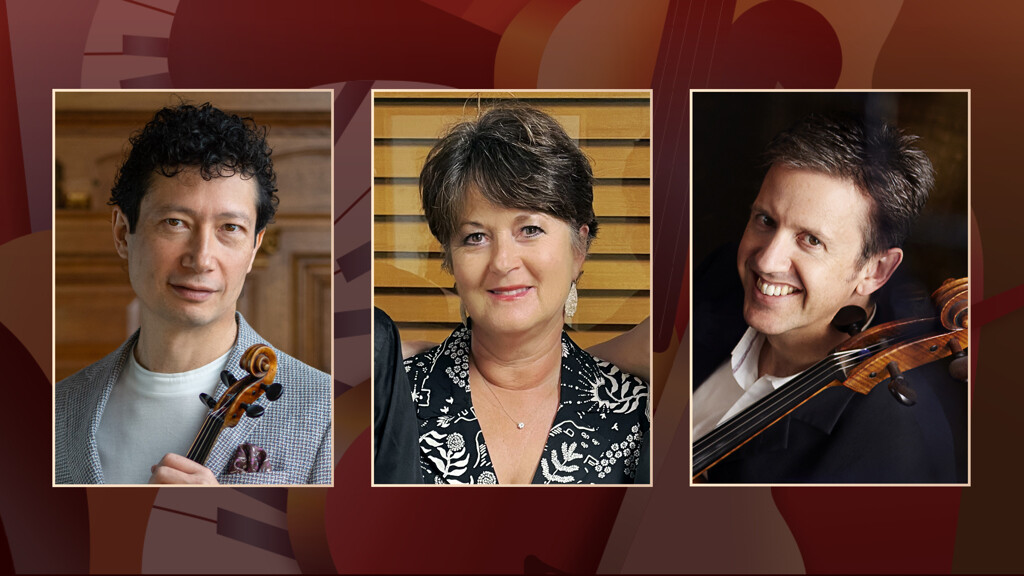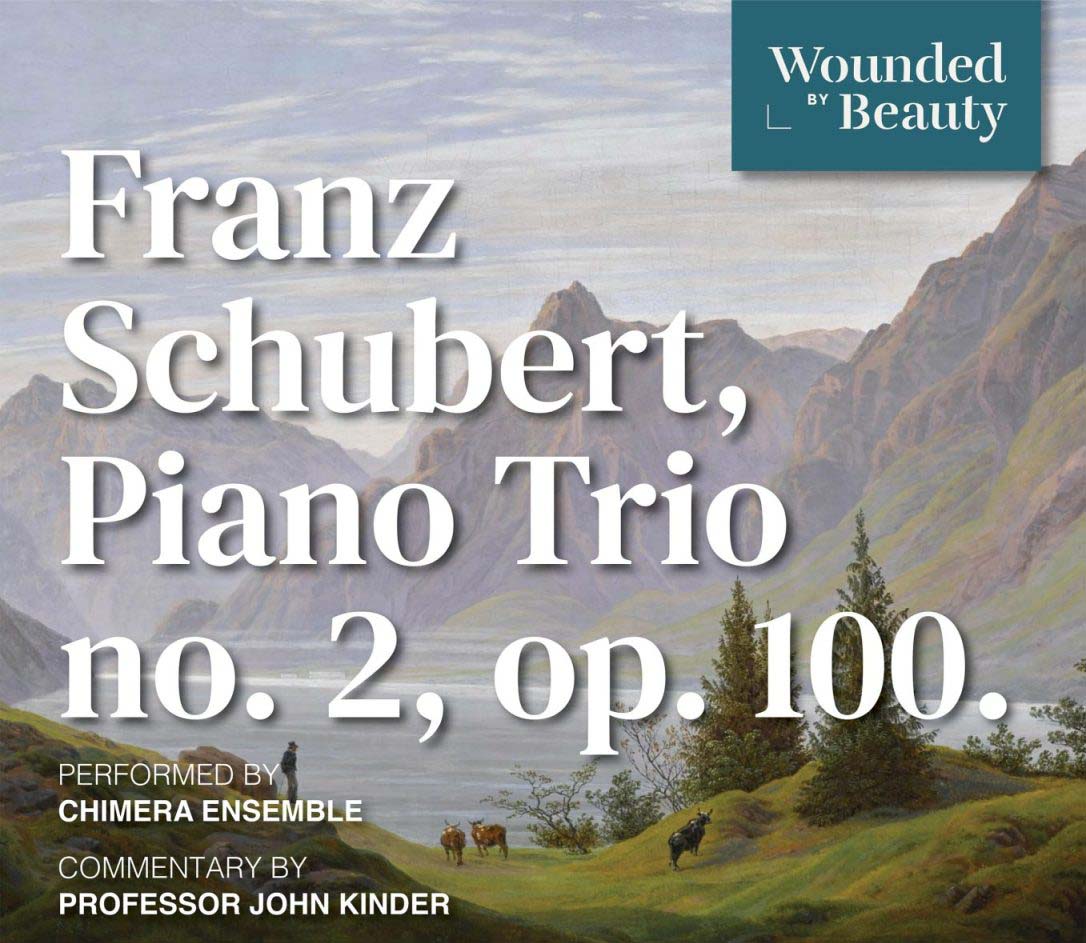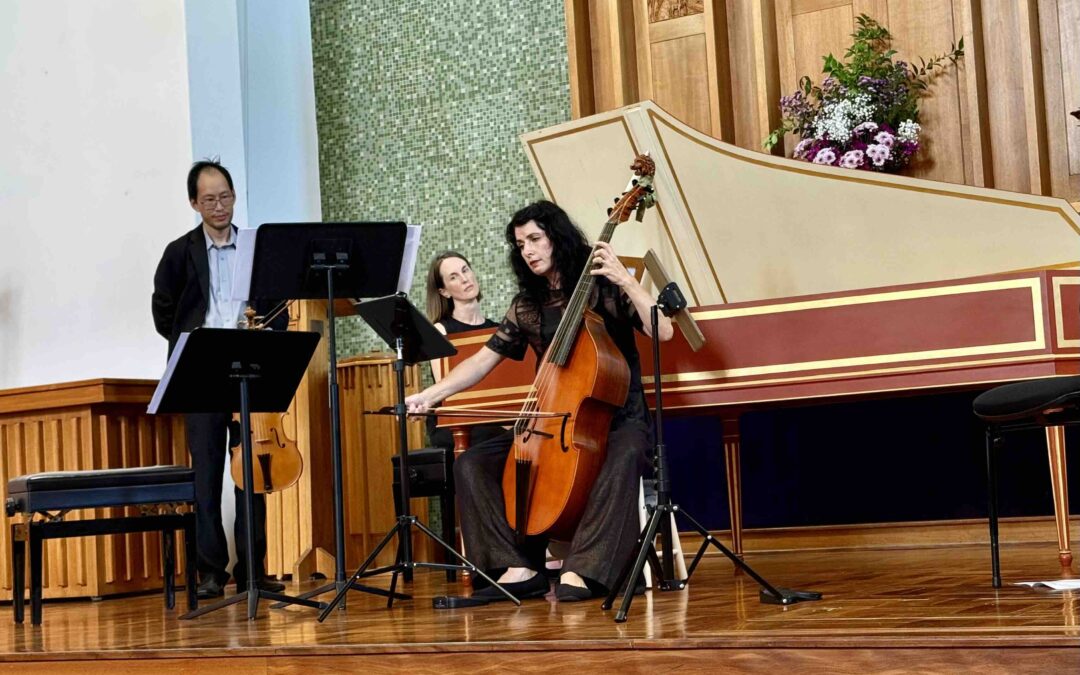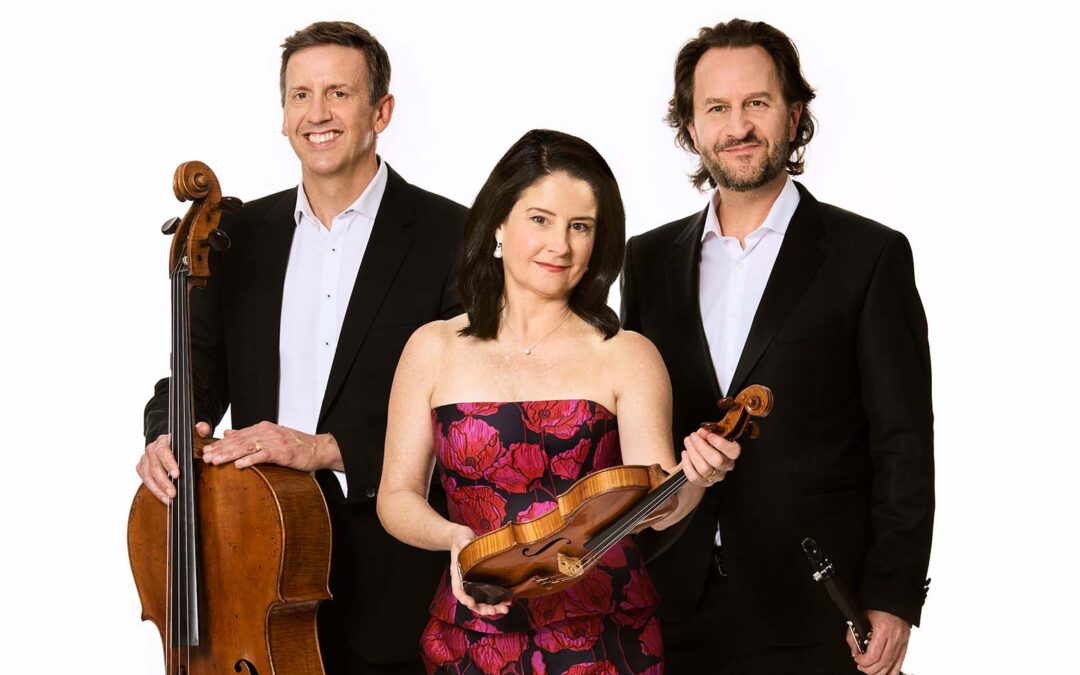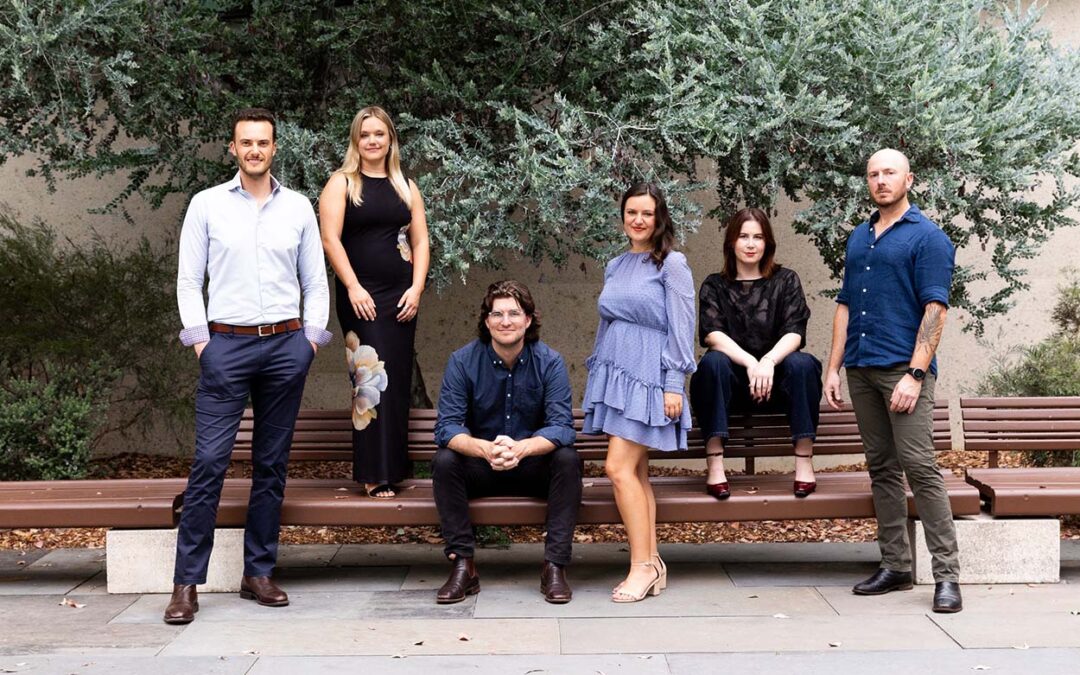Sydney Philharmonia Choirs Chamber Singers | Voices of the Italian Baroque
August 16, 2024, St James’ Church, Sydney, NSW
Conductor: Brett Weymark
St James’ Church is one of the larger churches in Sydney, and on this Friday night, with rather threatening weather, it was full to the brim with an audience eager to hear the 40-voice Sydney Philharmonia Choirs Chamber Singers and the 5 member baroque ensemble present an evening of accompanied vocal music of the Italian Baroque.
And why was this music accompanied? Many in the audience will have been familiar with at least one of the pieces – the Lotti Crucifixus a 8 – as an a cappella piece, but, as usual, Brett Weymark’s scholarship is impeccable and all the pieces would originally have been done with a continuo part. Four of the composers (Giovanni Gabrieli, Claudio Monteverdi, Antonio Caldara and Antonio Lotti) were closely associated with Venice and St Mark’s, and there is much surviving documentation of the employment of instrumental musicians at St Mark’s, with one English traveller, Thomas Coryat, recording bands of up to sixteen instruments accompanying the choir in the time of Gabrieli.
The evening began however with one unaccompanied piece: a musical acknowledgement of country: Tarimi Nulay – Long time living here by Deborah Cheetham Fraillon and Matthew Doyle, which was part of Sydney Philharmonia Choirs’ laudable 2020 commission of 100 Minutes of New Australian Music.

The concert continued with a work each by six composers of the Italian Baroque: Gabrieli, Monteverdi, Giacomo Carissimi, Caldara, Lotti and Domenico Scarlatti, with the six works presented in historical order, except for the Lotti, which made an effective final piece. The continuo band of viola da gamba (Anthea Cottee), violone (Pippa MacMillan), lute & theorbo (Stephen Lalor), harpsichord (Nathan Cox) and organ (David Drury) provided unfailing support.
A brief storm with thunder and lightning began just as the exciting Gabrieli double-choir motet Hodie completi sunt dies Pentecostes started, but the choir and band were still perfectly audible from the back of the church.
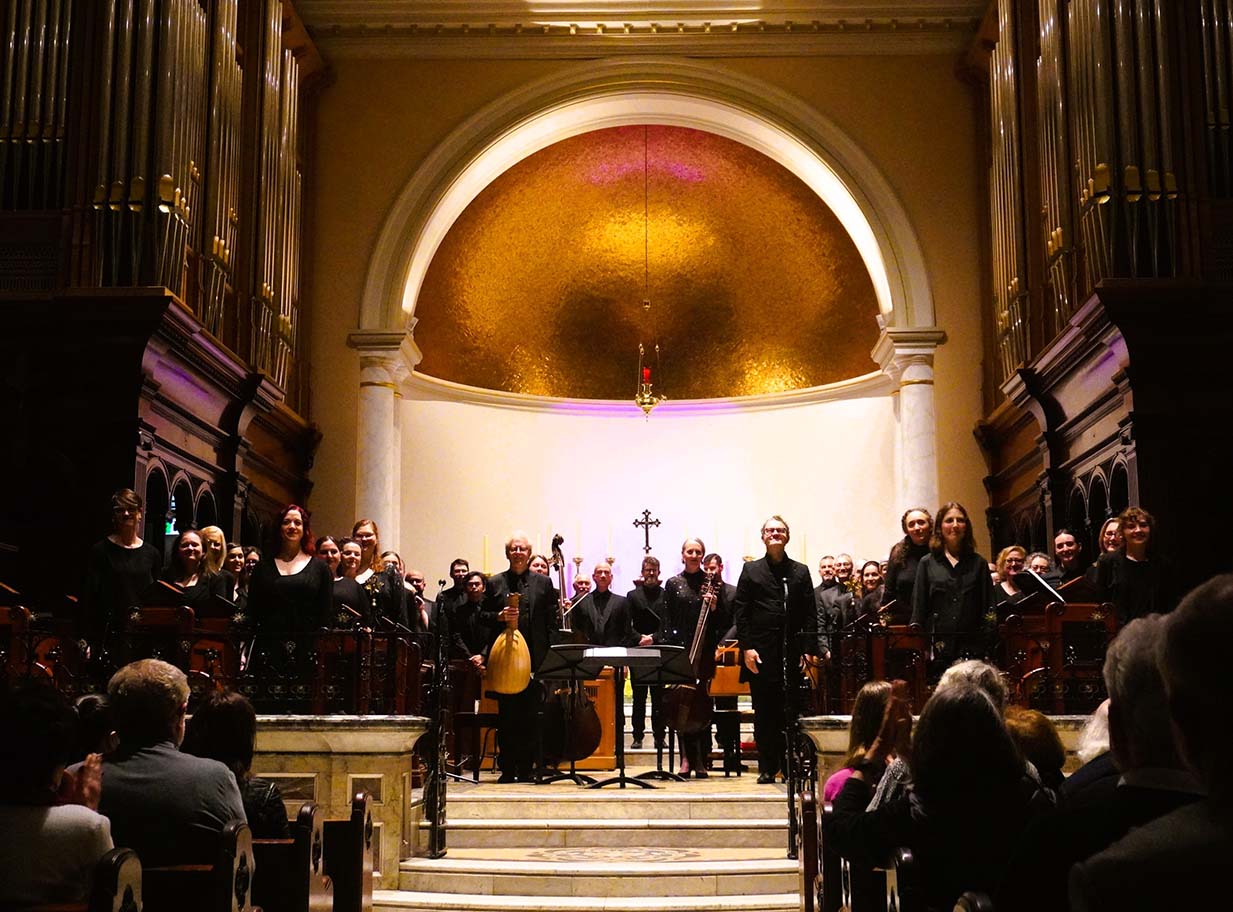
The following work, the Monteverdi Mass for 4 Voices was a stand out for me: a great work by a great composer, sung beautifully, and the storm appropriately calming and concluding during the Benedictus of the Mass.
The third work, Giacomo Carissimi’s Dixit Dominus was surprisingly jaunty with dance-like triple metres, rather belying the warlike text (“…The Lord of thy right hand shall strike through kings in the day of his wrath. He shall judge among the heathen, he shall fill the places with the dead bodies…”). Carissimi was offered the post of maestro di capella at St Marks, but preferred to work in Rome.
In the second half the major work was by Domenico Scarlatti, a Stabat Mater for 10-part choir. Scarlatti composed this for St Peter’s in Rome where he was maestro di capella before moving to Spain in the service of Princess Maria Barbara, who later became Queen of Spain. I was unfamiliar with this very dramatic work, which received a committed performance, with some effective dynamic contrasts (for example, at ‘Vidit Jesum’) for important parts of the text, and some Handelian word painting (such as the flames of the ‘Inflammatus’ section). It concluded with a fast, fugal section in triple time.
The other two works were both settings of the Crucifixus text, by Caldara for 16 voices, and by Lotti for 8 voices. Caldara brings the voices in from high to low, while Lotti takes the opposite approach and begins with the basses. Both settings portray grief with dissonance and slow suspensions. All in all the program successfully presented many fine examples of sacred choral works of the Italian Baroque.
Review by: Clive Lane & Marjory Ellsmore
Photo credit: Simon Crossley-Meates

